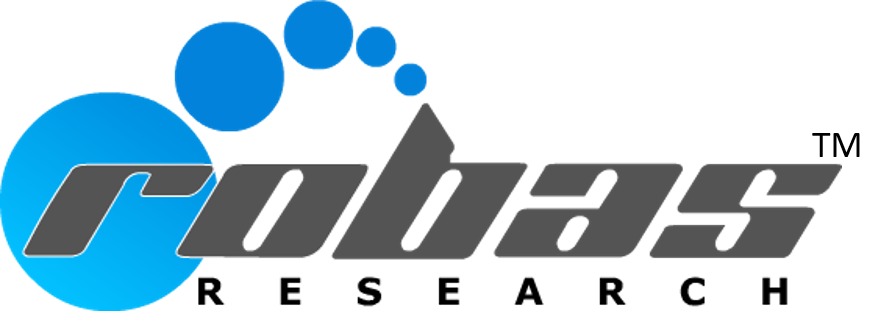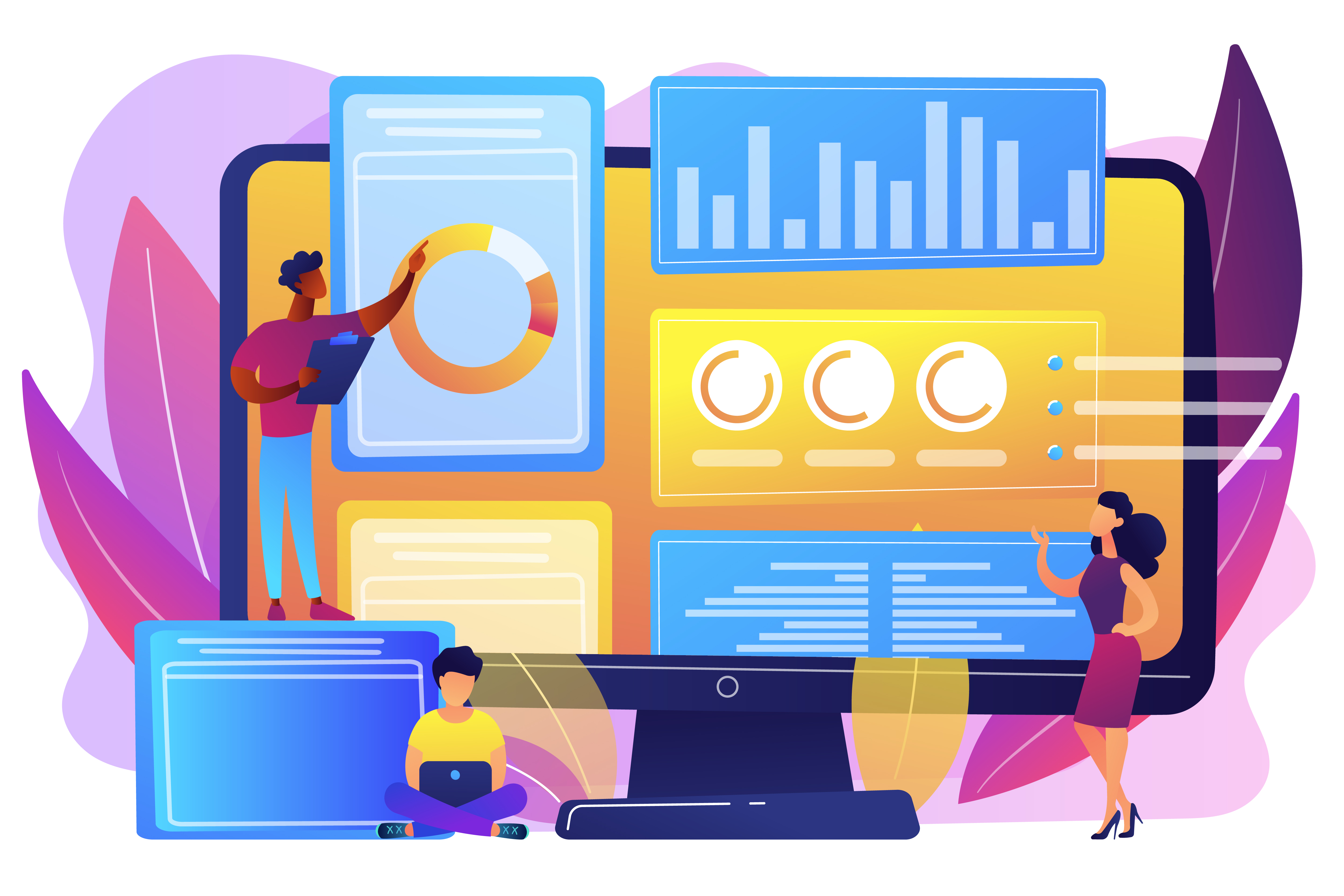
Navigating Customer Journeys: The Role of Online Research Panels and Other Survey Methods
Introduction:
In today’s rapidly evolving business landscape, where customer preferences and behaviours change at the drop of a hat, staying ahead of the curve requires more than just intuition. It necessitates a deep understanding of your customers’ needs, expectations, and journeys. Enter the world of Online Research Panels, a unique addition and expansion of customer insights that empower businesses to grasp the nuances of customer experiences and preferences like never before.
Gone are the days of relying solely on guesswork to comprehend your target audience. Online market research panels offer a structured, data-driven approach to gathering and analysing customer feedback. In this blog, we delve into the intricacies of online research panels, exploring their definition, benefits, drawbacks, and real-world applications and compare this with other common survey methods. Join us as we uncover how this innovative methodology is reshaping the way companies connect with their customers and make informed decisions. Should you have any questions, feel free to contact us at business@ro-bas.com
Would you like to be a part of our esteemed panel of 25,5000+ community members? Join us in our healthcare panel or consumer/b2b panel based on your interest today!
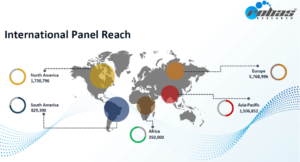
Figure 1: Robas Research’s Online Panel – Depth and Breadth
What is an Online Research Panel or an Online Market Research Panel?
An online research panel (aka Online Market Research Panel) is a select group of individuals who voluntarily participate in various research activities to provide valuable insights on a range of topics, products, or services. These panels are often assembled by market research firms, companies or organisations seeking to understand specific aspects of their target audience. Panelists, drawn from diverse demographics, willingly share their opinions and experiences, creating a rich source of data that can illuminate key trends and preferences. Below in figure 1, you will find the various profiling attributes of a panel.
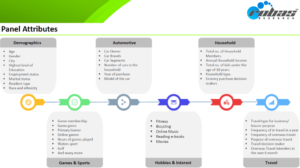
Figure 2: Online Research Panel Profiling Attributes
What is a Custom Online Research Panel?
A custom online research panel is a carefully curated and specialized group of individuals who are selected based on specific demographic, psychographic, or behavioural criteria to participate in various research activities and provide valuable insights on a particular topic, product, service, or industry. Unlike general online survey respondents, participants in a custom research panel are chosen with a specific purpose in mind, aiming to gather targeted and in-depth feedback. The advantages of a custom online research panel include relevance, consistency, deeper insights, efficiency, and flexibility.
When to Use Online Research Panels?
Knowing when to employ an online research panel is pivotal to leveraging its benefits effectively. This methodology shines brightest when seeking in-depth and nuanced insights from a representative sample of your target audience. Use online research panels when:
- Exploring customer perceptions about new product offerings or services.
- Delving into the reasons behind a recent trend or shift in consumer behaviour.
- Evaluating the effectiveness of your marketing strategies from the customers’ perspective.
- Testing potential improvements to an existing product based on user feedback.
Advantages and Disadvantages of Online Research Panels and Common Survey Methods?
Every research methodology carries its own set of pros and cons. Online research panels are no exception. Let’s delve into these, while also highlighting some common survey methods.
Advantages of Online Research Panels:
- Diverse Insights: Panels can be tailored to match specific demographics, ensuring a well-rounded pool of insights.
- Longitudinal Analysis: Over time, panels provide a comprehensive view of evolving customer attitudes and behaviours.
- Deeper Engagement: Panelists’ ongoing participation leads to a deeper understanding of their perspectives.
Disadvantages of Online Research Panels:
- Self-Selection Bias: Panelists might not accurately represent the broader population, leading to biased results.
- Attrition: Over time, panelists might lose interest or drop out, potentially skewing the results.
- Cost and Time: Building and maintaining a quality panel demands substantial resources.
Common Survey Methods:
In addition to online research panels, several other survey methods are commonly used to gather customer insights, including online surveys, telephone interviews, focus groups, and in-person interviews. Each method offers unique advantages and limitations, making the choice of method dependent on the research goals and target audience.
Advantages and Disadvantages of Common Survey Methods:
1. Online Surveys:
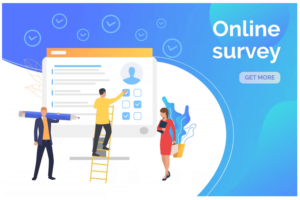
Figure 3 – Common Survey Methods – Online Survey
Advantages:
- Wide Reach: Online surveys can be distributed to a large audience, reaching participants globally.
- Cost-Effective: Compared to traditional methods, online surveys executed by an online research company are often more affordable to administer.
- Time Efficiency: Participants can complete surveys at their convenience, reducing time constraints.
- Automated Analysis: Online tools can analyse data automatically, expediting results.
Disadvantages:
- Sample Bias: Online surveys might exclude individuals without internet access, leading to biased results.
- Low Engagement: Participants may rush through surveys, providing incomplete or inaccurate responses.
- Limited Depth: Complex topics might be challenging to address adequately in a survey format.
2. Telephone Interviews:

Figure 4 – Common Survey Methods – Telephone Interviews
Advantages:
- Personal Interaction: Telephone interviews allow for direct interactions and building rapport and trust.
- Clarification: Interviewers can provide clarification for participants, ensuring accurate responses.
- Diverse Sample: Can reach individuals who might not have internet access for online surveys.
Disadvantages:
- Time-Consuming: Conducting interviews by an online research company via phone can be time-intensive, for both participants and researchers.
- Limited Reach: The method is limited to participants with accessible phone lines.
- Response Bias: Participants might not feel comfortable expressing certain opinions over the phone.
3. Focus Groups:

Figure 5 – Common Survey Methods – Focus Group Discussions
Advantages:
- Interactive: Focus groups enable dynamic discussions and idea exchange among participants.
- Rich Insights: Group dynamics can reveal insights that might not emerge from individual surveys.
- Real-Time Exploration: Researchers can probe deeper into responses, seeking clarifications.
Disadvantages:
- Small Sample: Focus groups involve a limited number of participants, potentially missing broader perspectives.
- Moderator Influence: The group’s dynamics and the moderator’s influence might impact responses.
- Time and Resource Intensive: Organising focus groups demands substantial time and effort.
4. In-Person Interviews:

Figure 6 – Common Survey Methods – In-person Interviews
Advantages:
- Personal Connection: In-person interviews build rapport and allow researchers to observe non-verbal cues.
- Flexible: Interviewers can adjust questions based on participants’ responses and reactions.
- Complex Topics: In-person interviews suit complex subjects that require nuanced exploration.
Disadvantages:
- Resource-Intensive: Conducting in-person interviews requires significant resources for travel and logistics.
- Limited Scale: The method is suitable for a smaller number of participants compared to online surveys.
- Bias Risk: Interviewer bias might influence participants’ responses.
Examples of Research Studies Where Online Research Panels are Needed:
Online research panels organized by online research companies find their niche across diverse industries and research objectives. Here are a few instances where they prove invaluable:
- Healthcare Industry: Understanding patient experiences and preferences to improve medical services and treatment plans.
- Consumer Goods: Testing reactions to new product concepts and packaging designs.
- Financial Services: Exploring attitudes towards digital banking and online financial tools.
Frequently Asked Questions:
Q1: How are panelists selected for online research panels?
Answer: Panelists are often chosen based on specific demographic criteria to ensure a representative sample. They may volunteer or be recruited by top market research firms. The figure below shows various demographic criteria based on which panelists are chosen.
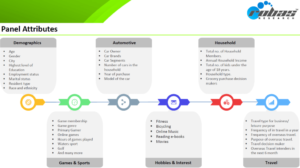
Figure 7: Online Research Panel Profiling Attributes.
Q2: Can online research panels replace traditional market research entirely?
Answer: While online research panels offer valuable insights, they aren’t a one-size-fits-all solution. Combining multiple research methodologies yields more comprehensive results.
Q3: How can biases in online research panels be mitigated?
Answer: Regularly updating the panel by an online research company to ensure diversity, employing statistical techniques, and acknowledging potential biases in analysis can help.
Q4: Are online research panels suitable for small businesses?
Answer: Yes, online research panels can be scaled to fit the needs of small businesses. They offer cost-effective ways to gain valuable insights.
Q5: How often should online research panels be refreshed?
Answer: Refreshing panels depend on attrition rates and research needs. Regular evaluation and adjustments are essential to maintain their effectiveness in market research companies.
Summing Up
In conclusion, online market research panels serve as an innovative bridge between businesses and their customers. Through structured data collection, these panels provide a window into customer journeys and insights that would otherwise remain hidden. While they come with their own set of challenges, when harnessed effectively, online research panels empower businesses to make informed decisions, adapt strategies, and create products that resonate with their target audience. Robas Research has extensive panel reach from the USA, Europe to APAC. The reasons for choosing this market research and insights firm are because of various criteria – 1. ISO 9001 and 27001 certified 2. Member of ESOMAR, Insights Member Association, Market Research Society of India 3. One of the great places to work (GPTW) certified 4. 12 years of rich market research experience (B2B and B2C) 5. Top Company in Panel Research as seen in QUIRK’s magazine 6. One of the top market research firms – both in online research and offline market research
Connect with us today for any questions you may have on the online research panel and other survey methods, to discuss your projects with us.
